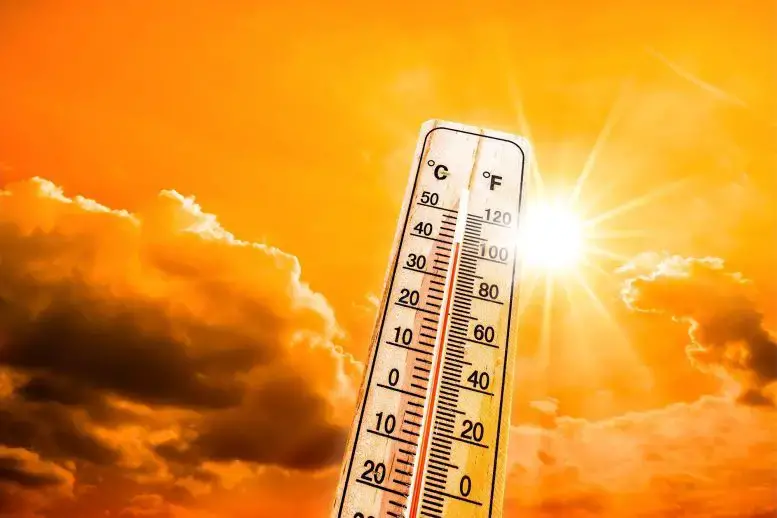Punjab is in the grip of a severe heatwave, with temperatures expected to soar to a scorching 45°C by the end of the month, according to the Punjab Disaster Management Authority (PDMA). The warning follows a sharp rise in mercury levels across the province, as the effects of climate change become increasingly evident in Pakistan’s weather patterns.
The heat is particularly intense in southern districts such as Bahawalnagar, Rahim Yar Khan, Dera Ghazi Khan, and Multan, where temperatures already hit 44°C in some areas this week. Other cities across central Punjab, including Lahore, Faisalabad, Sahiwal, and Okara, are also experiencing extreme heat, with readings hovering around 40°C.
Urgent Government Response
In response to the rising threat, Punjab Chief Minister Maryam Nawaz has instructed all relevant departments to remain on high alert. Emergency measures are being rolled out, including:
- Heatwave counters at all hospitals
- Ensured supply of clean drinking water, especially in heat-prone areas like Cholistan
- Availability of heatstroke prevention medicines across health facilities
- Widespread public awareness campaigns via media
The PDMA is urging citizens to stay indoors during peak heat hours, wear light cotton clothing, and avoid outdoor exertion, especially for children, the elderly, and people with health conditions, who are at higher risk during heatwaves.
Impact on Schools and Students
Schools have been advised to adjust schedules or even consider early summer vacations if the extreme weather continues. The PDMA has also issued a detailed advisory for educational institutions:
- Outdoor activities and sports should be suspended immediately
- Schools must ensure constant access to cold, clean water
- Functional fans, cooling systems, and ventilation are a must
- Students should wear loose, light-colored clothes
- Schools are directed to set up first-aid counters with trained staff for heat-related emergencies
Climate Change and Escalating Heatwaves
Experts warn that such frequent and prolonged heatwaves are no longer unusual and are likely to intensify due to climate change. Pakistan, already listed among the most climate-vulnerable countries, is facing more extreme weather events, which disproportionately affect communities with fewer resources to adapt.
As the heatwave builds, residents are being urged to take all safety precautions seriously and stay informed through official channels.















